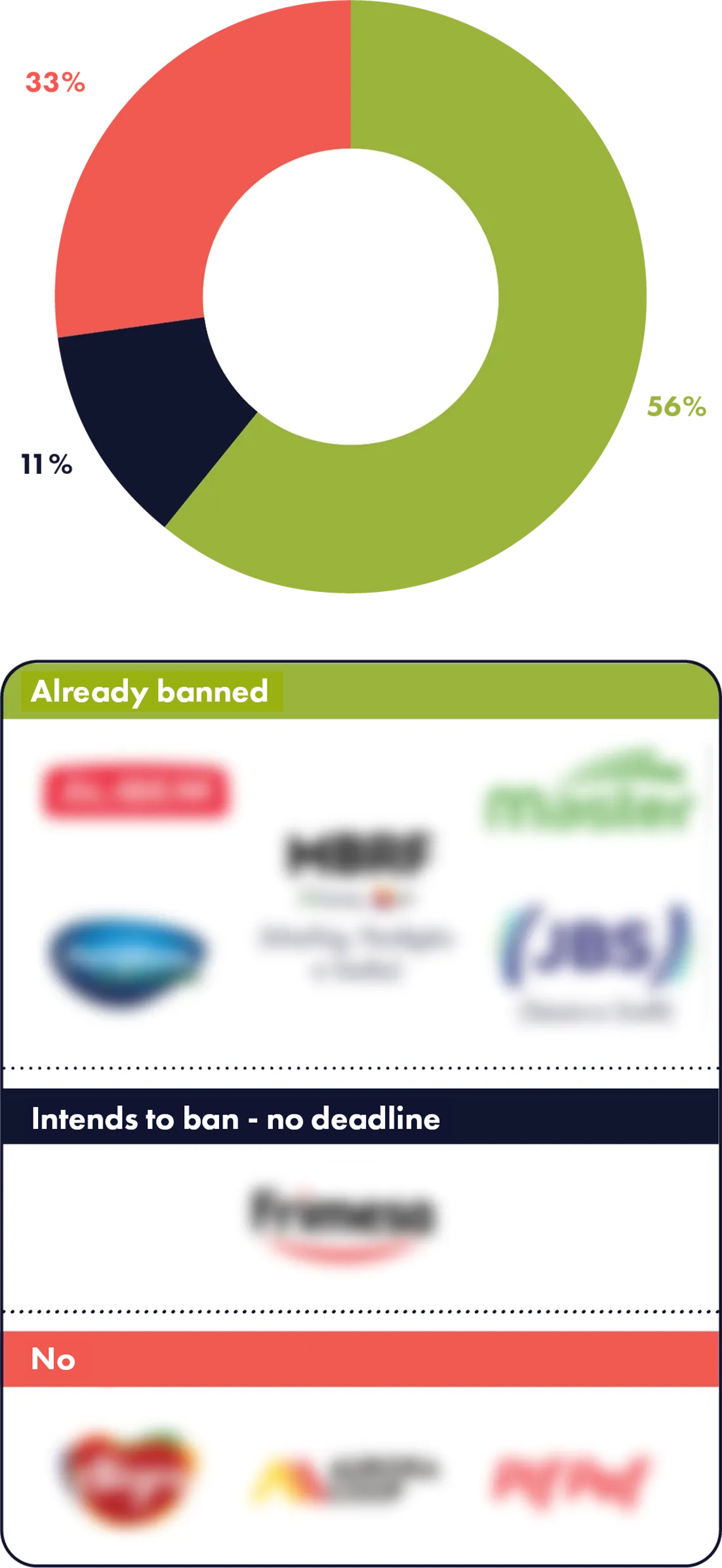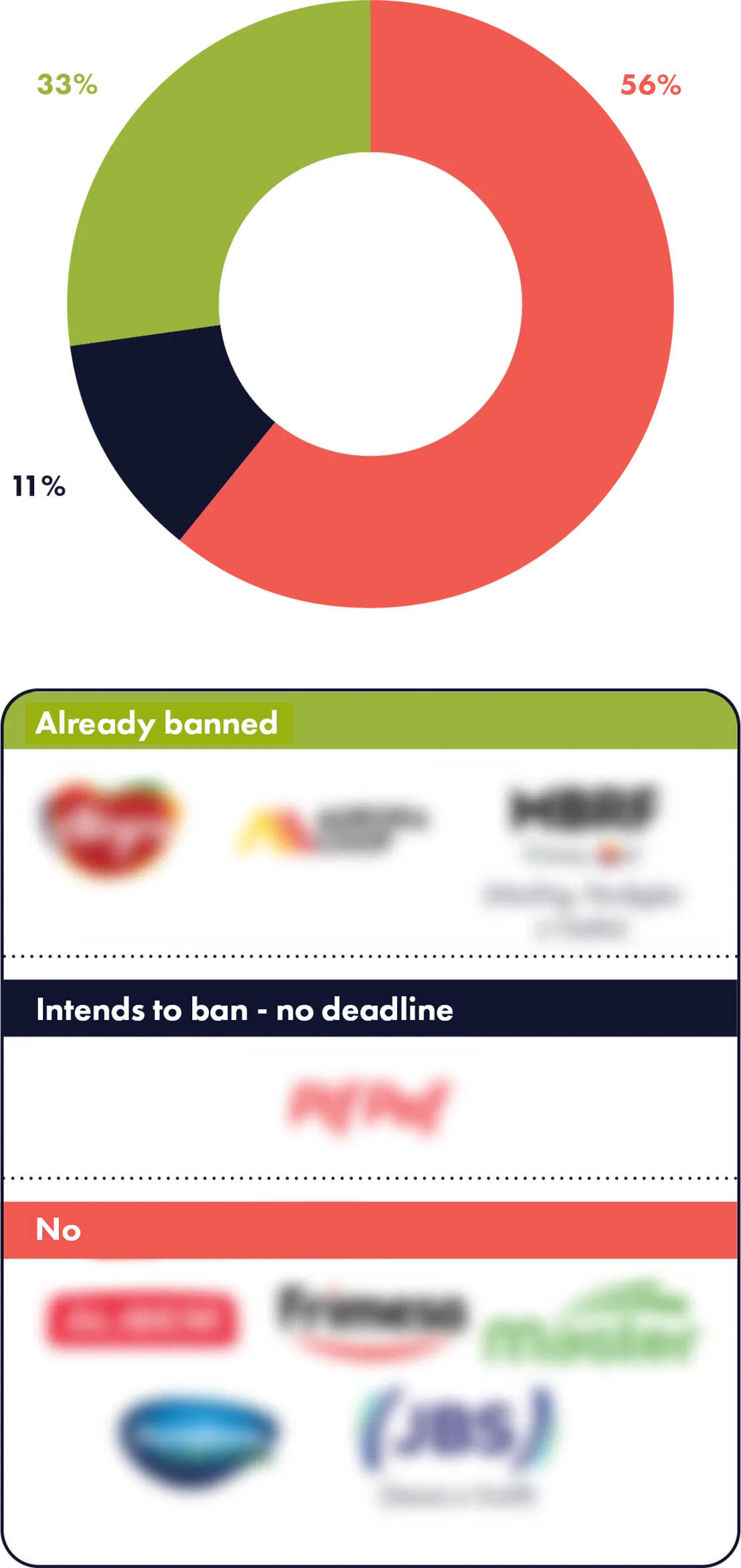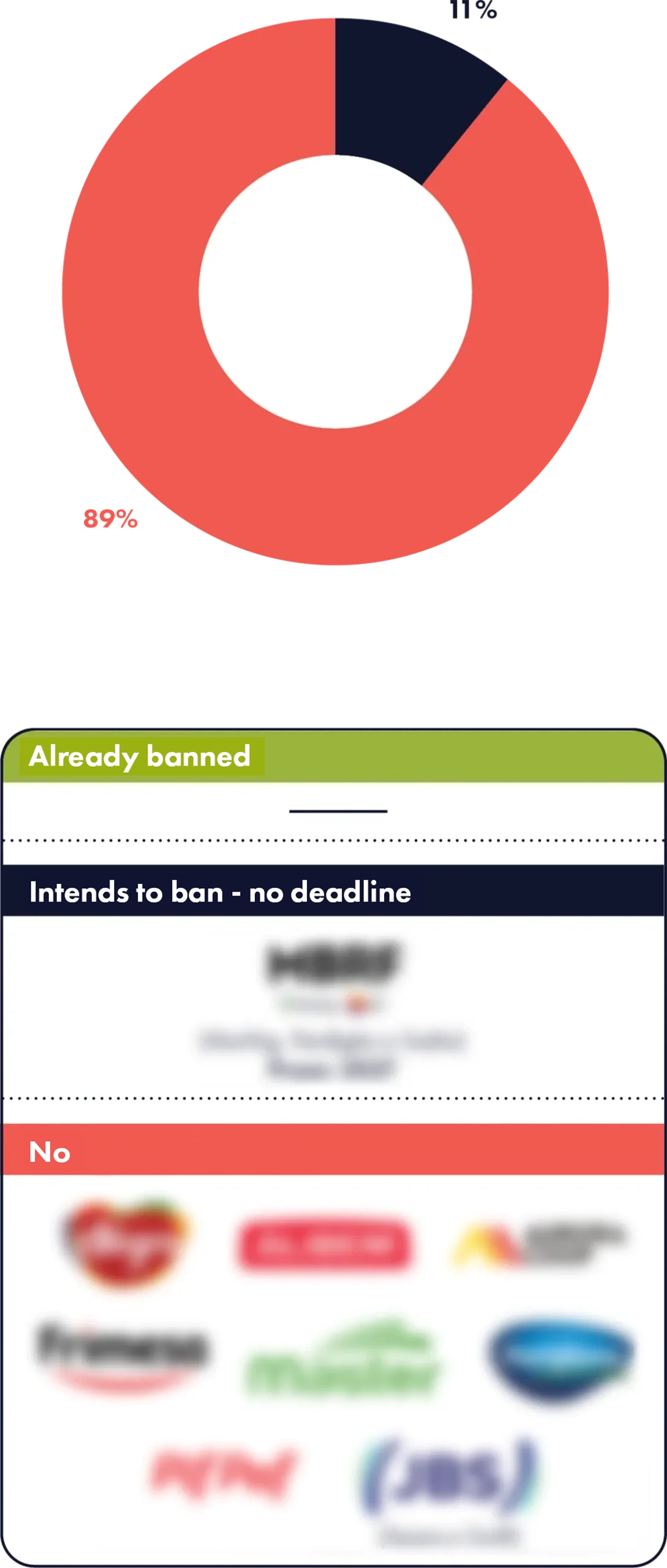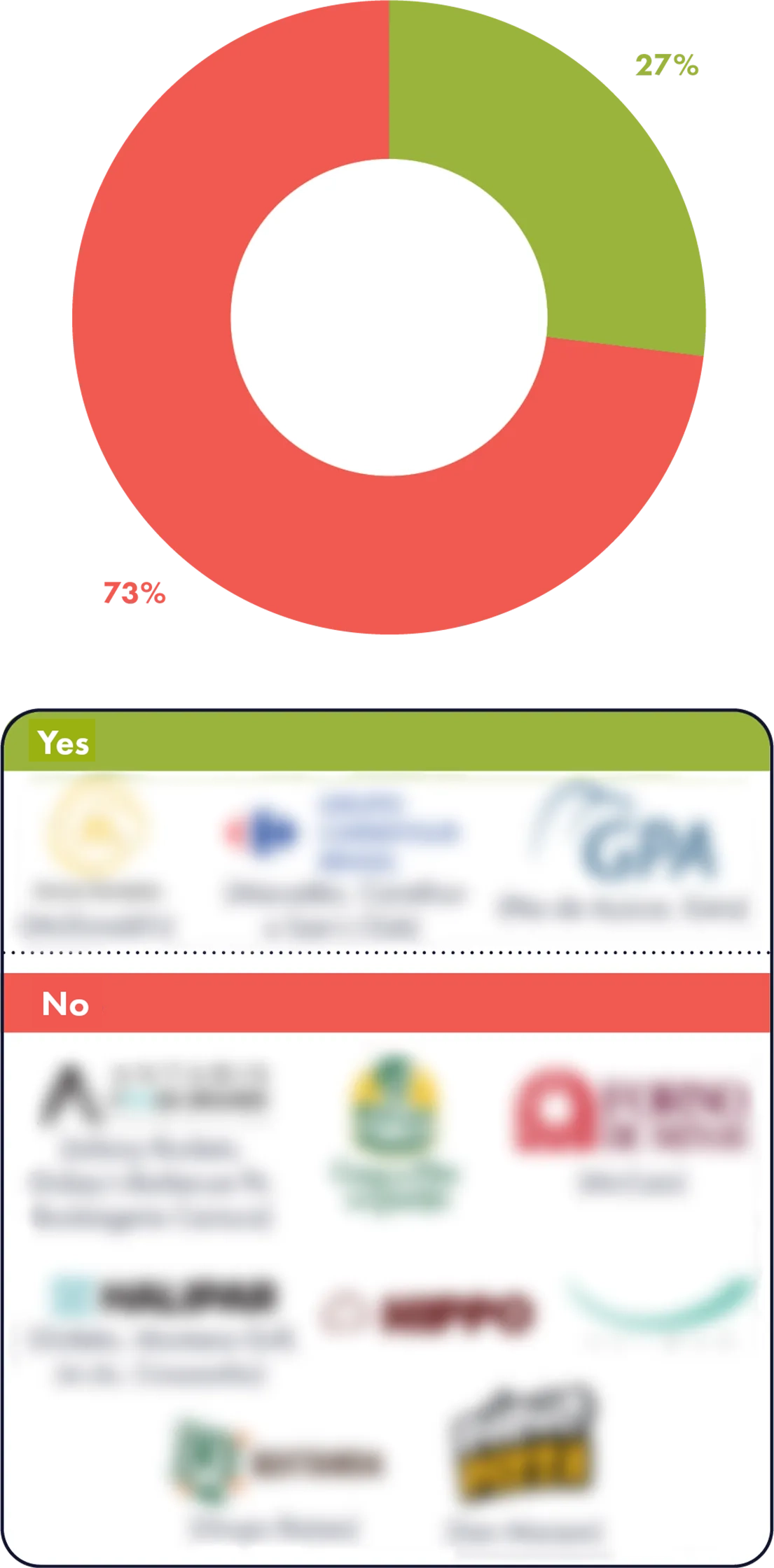About Pig Watch
Pig Watch is an annual report produced by Alianima to monitor the transition of food companies with public commitments to ban gestation crates in the Brazilian pork industry. It also aims to monitor the use of antimicrobials by this industry and assess improvements in piglet handling.
The publication of results promotes transparency between the food industry and the final consumer, in addition to helping identify difficulties faced behind the scenes of the sector.
This report is not only intended for the sustainability departments of companies and industries in the sector, but is also addressed to conscious consumers concerned with both the origin of their food and the welfare of pigs in factory farming.


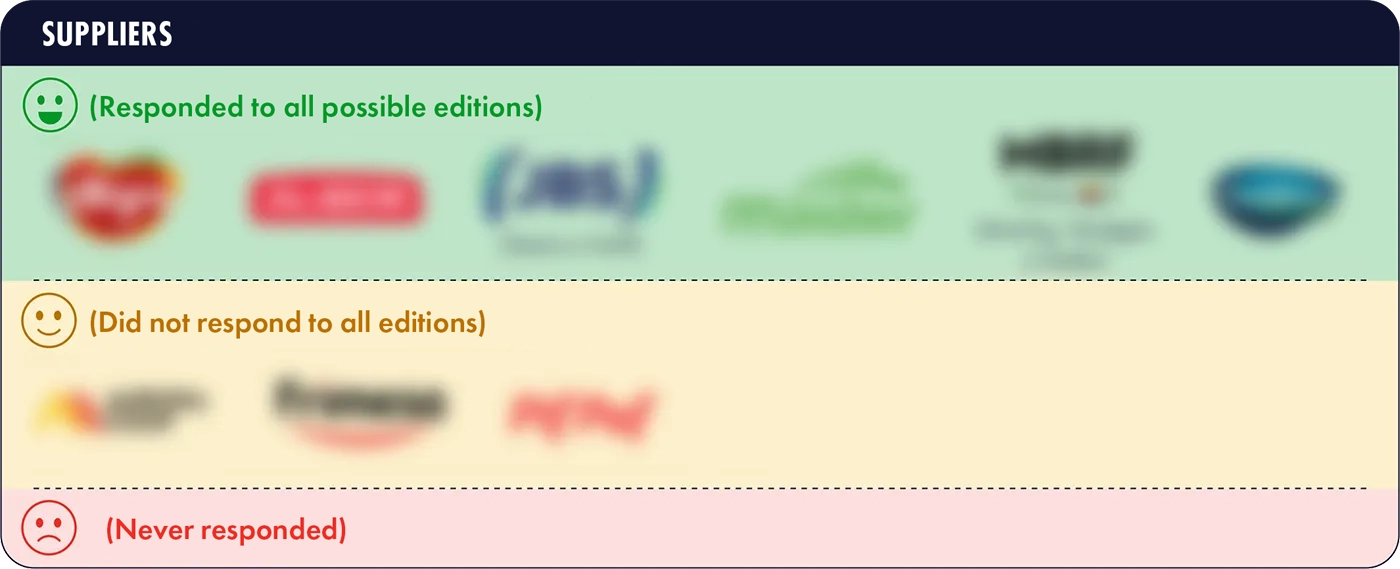
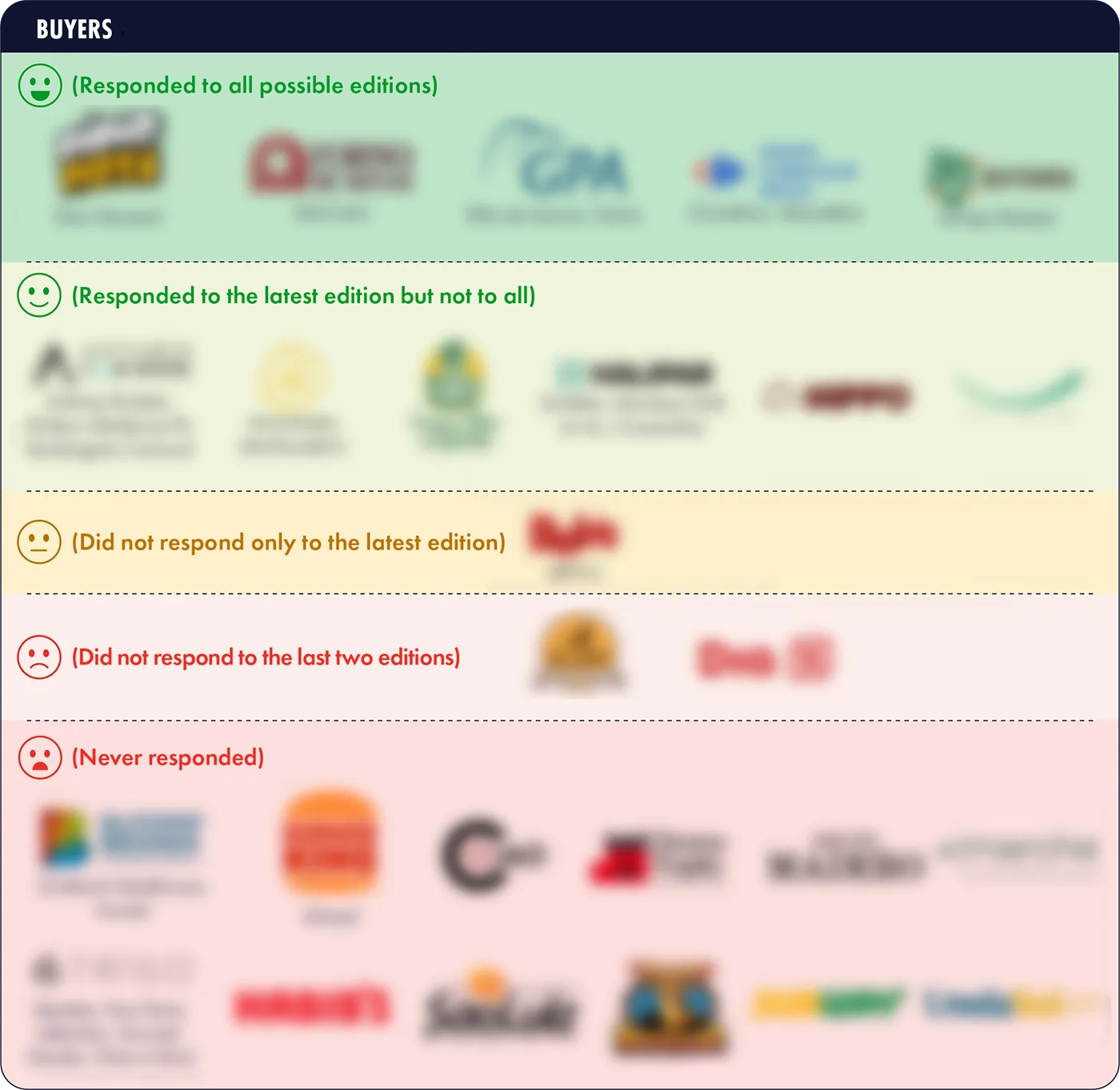
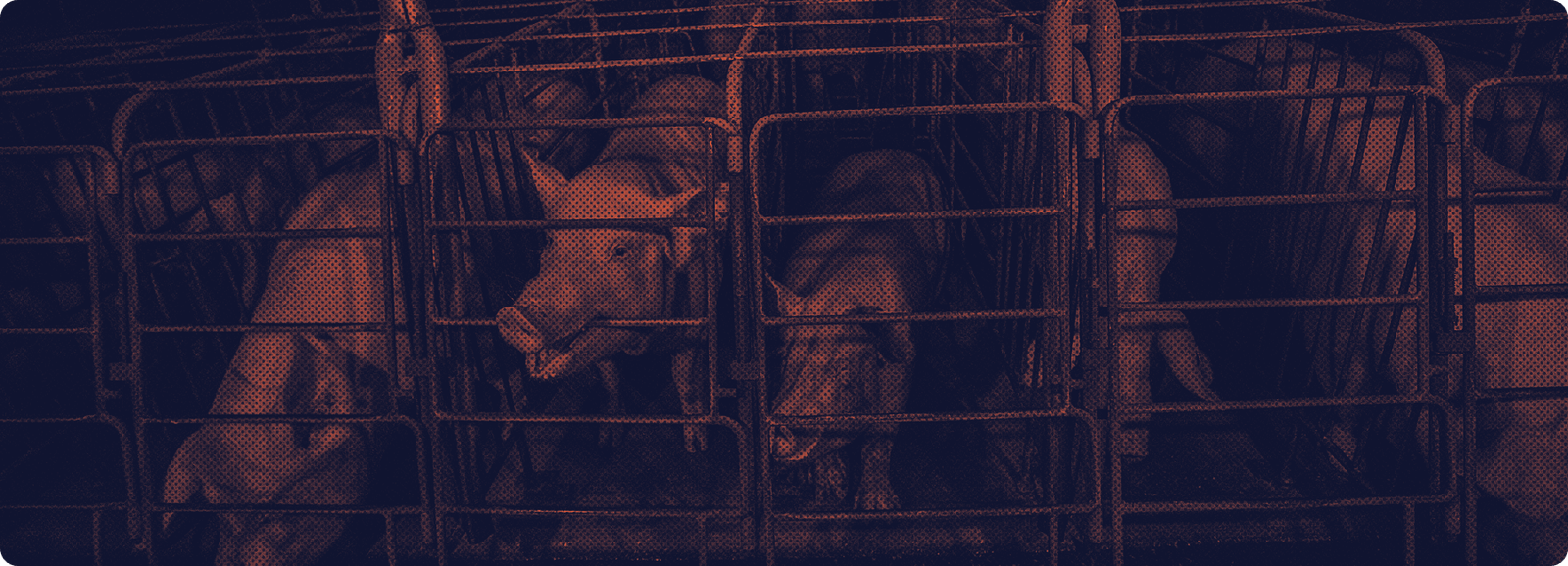
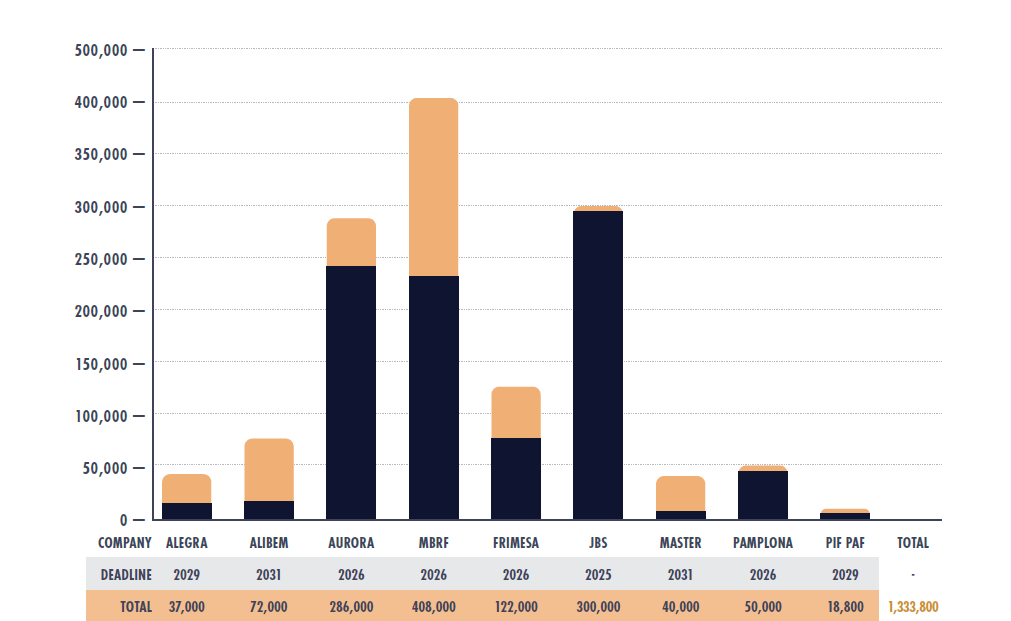
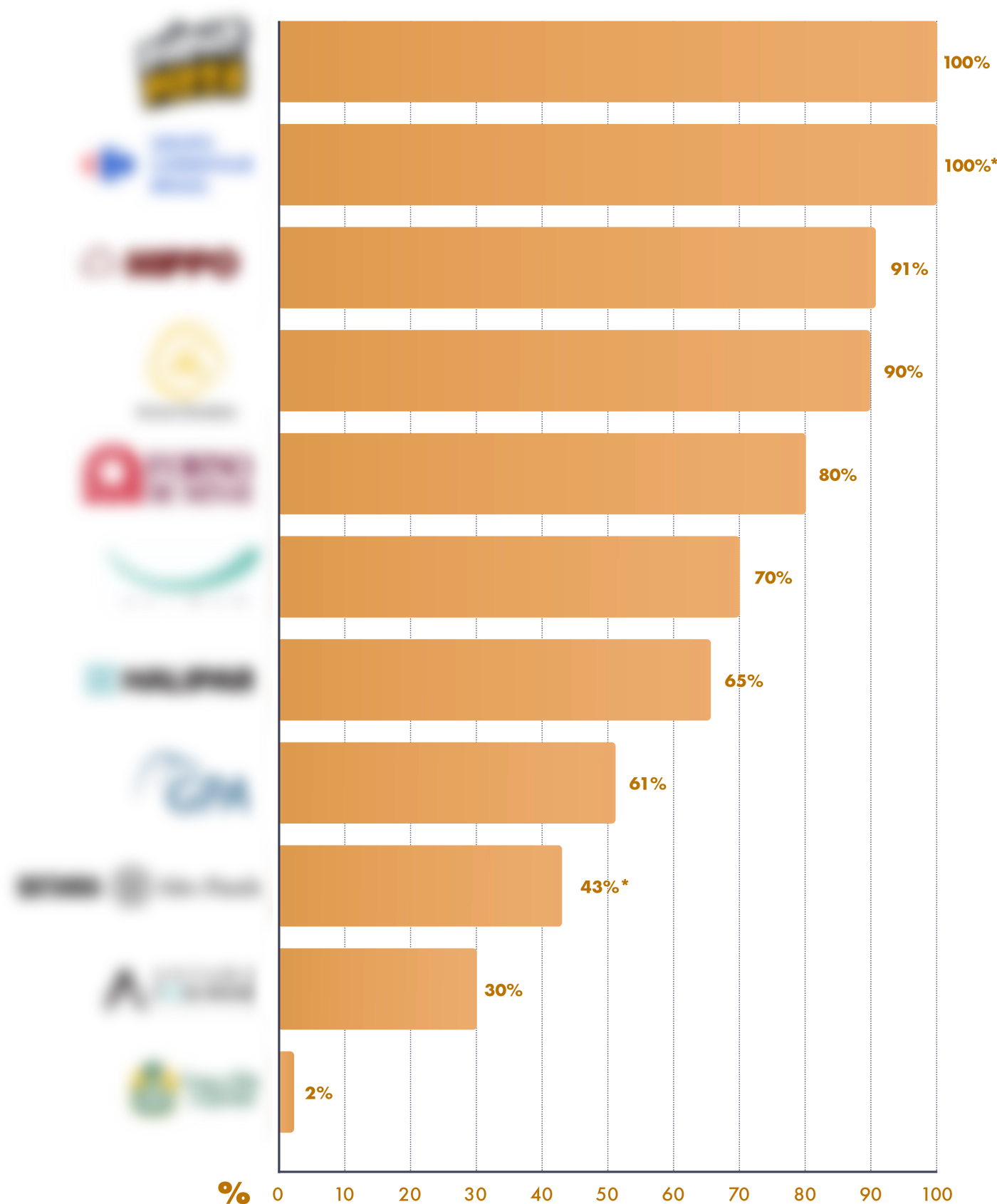

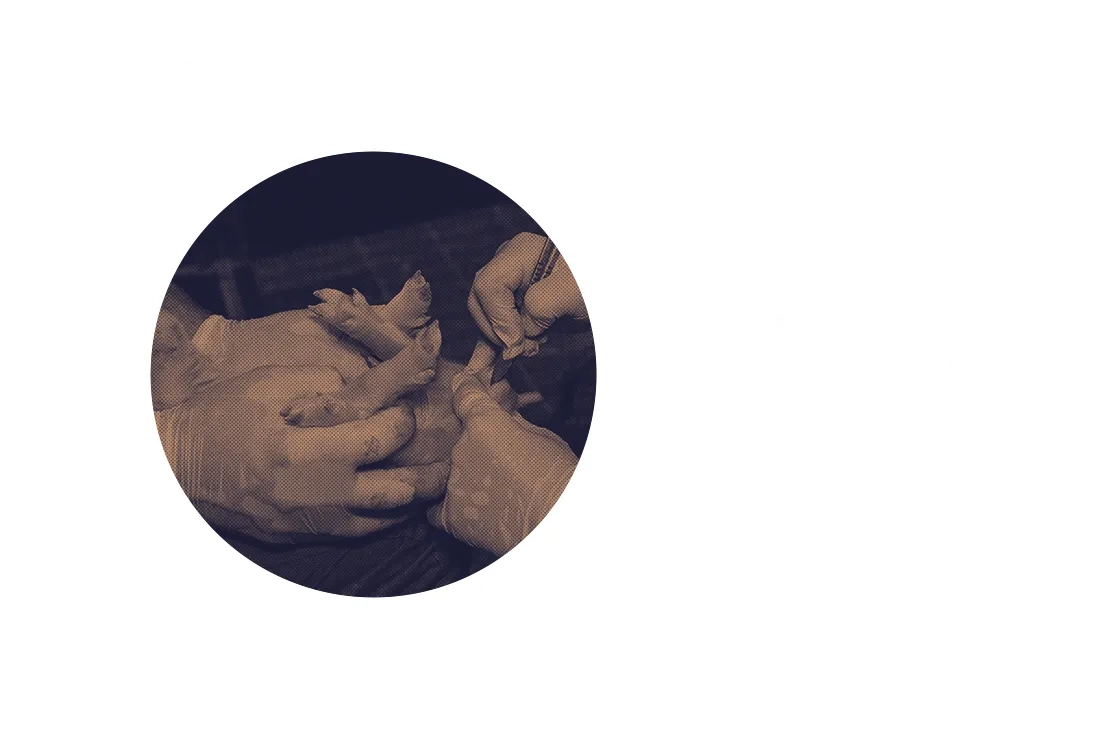
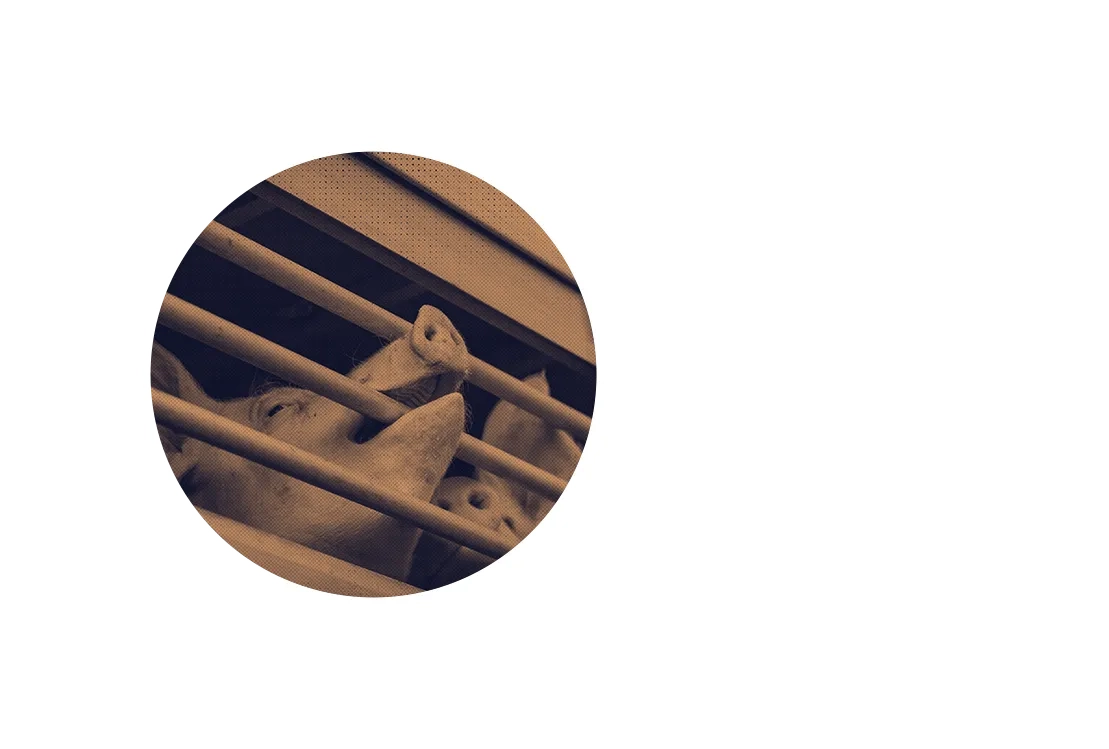
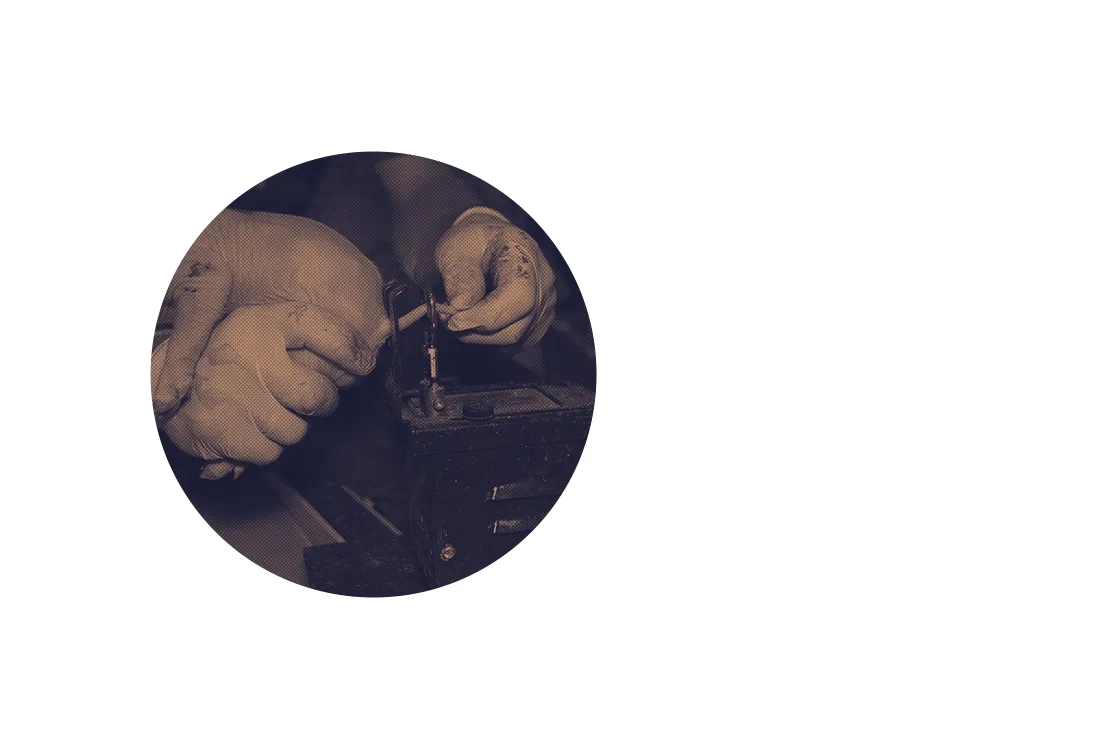
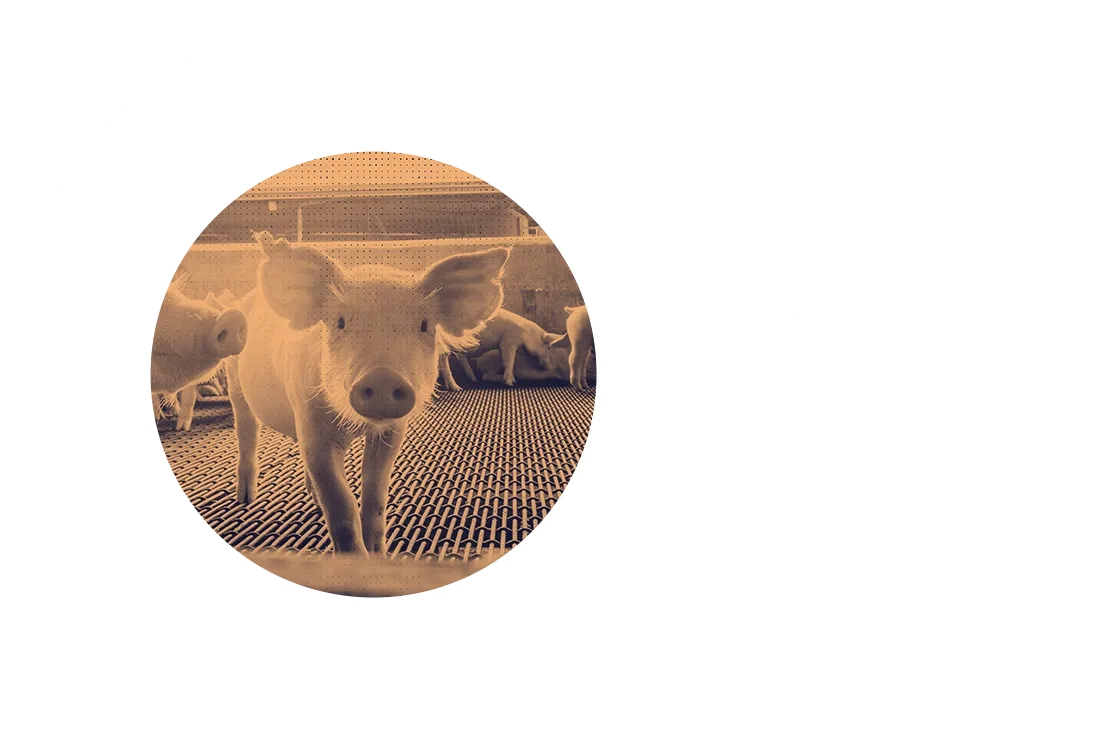
 Application:
Application: Risk:
Risk:
